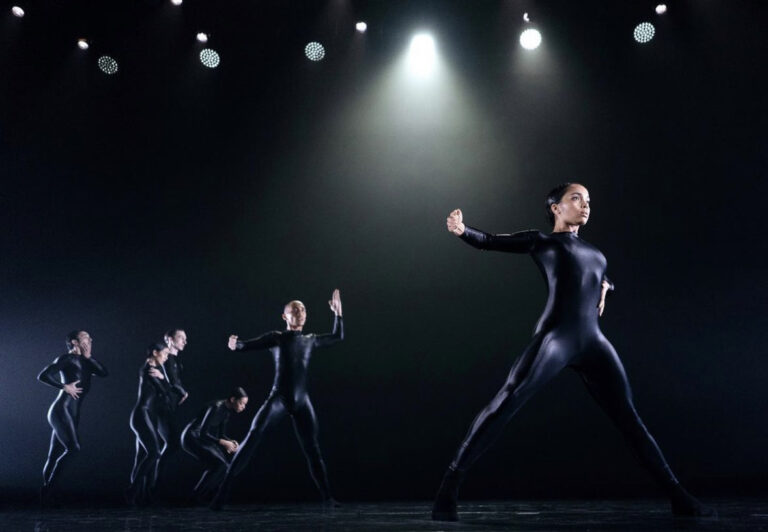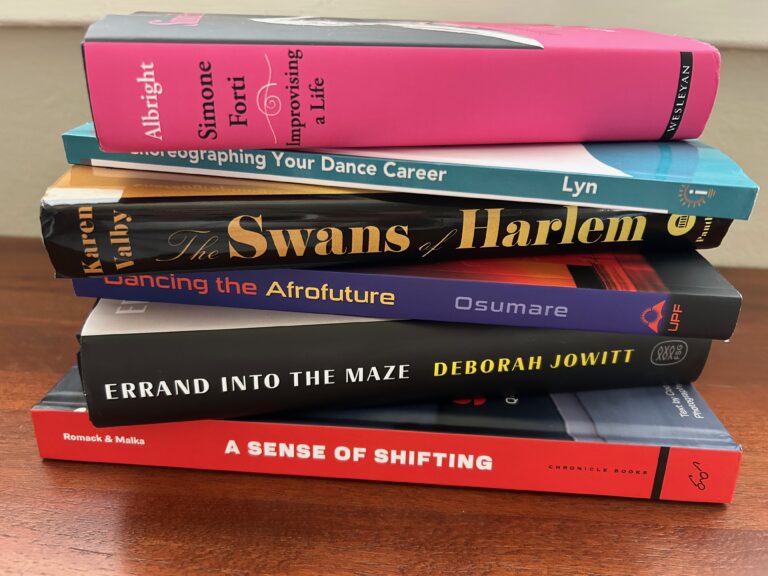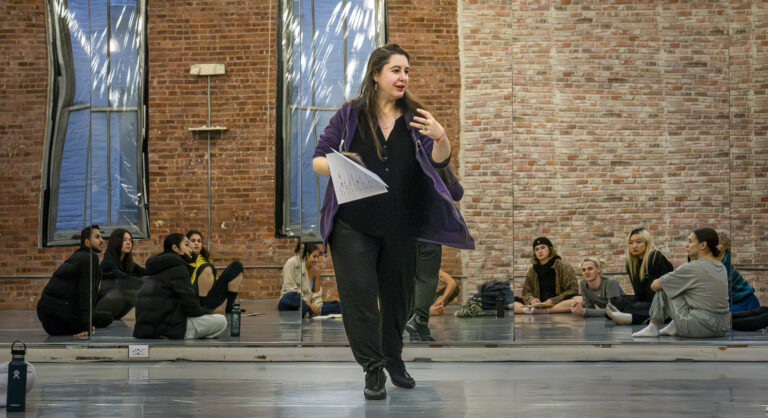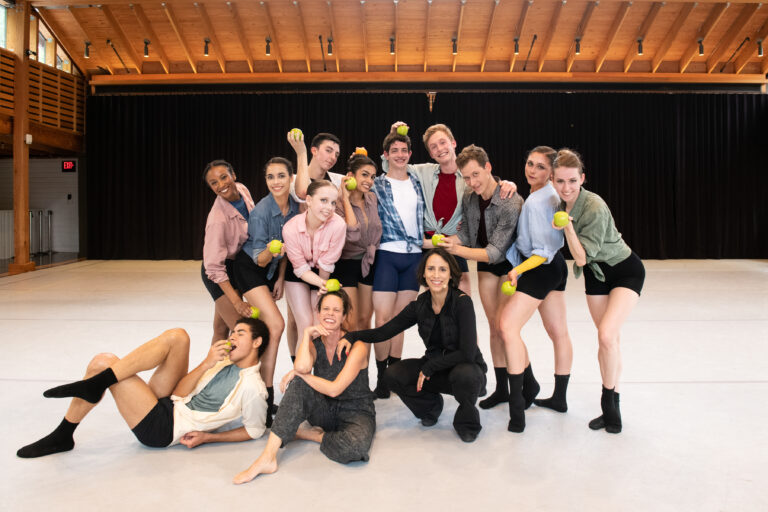
Q: My tween is begging me to go to a faraway summer intensive, claiming “all my friends are going.” How do I know if she’s ready?
A: It can feel like a rite of passage for serious dancers to attend an intensive at a major ballet school. They dance all day and often explore the area’s surroundings or attend performances on weekends. But living away from home, having a roommate and living the “dorm life” can be a challenge.
Most major ballet summer intensives start accepting students at 12 years old. What makes that the “magic” number? James Payne, director of The School of Pennsylvania Ballet (and a dance dad himself), says that at 12, serious students have likely been in pointe classes for a year or two, and some can physically endure a six- to seven-hour day of dancing. Of course, age is relative to the individual. Here, he outlines a few signs a dancer may or may not be ready to stay overnight.
Readiness = self-sufficiency. Will your dancer eat correctly (i.e., three meals a day plus healthy snacks)? Go to sleep—and wake up—by herself? Can she do her own laundry?
Not ready = misguided intentions. Ask your dancer what she intends to get from the program. If it’s to experience a new city and make friends, you might want to explore a less rigorous option.
Readiness = adaptability. Can your child persevere and keep a positive attitude even when little things might be off? If she’s open to change and can go with the flow, it’s a good sign.
Not ready = not always committed. Consider how often your dancer doesn’t want to go to class. We all have down days and need breaks, but if she complains once a week, or more than twice in two weeks, she might not be able to push through when she’s tired.
In 2019, The School of Pennsylvania Ballet’s dorms housed just six 12-year-olds out of 80 total summer program students who needed housing. If your tween is getting solid training at home, Payne says, it’s not really necessary to go away yet. (Fourteen or 15 is a more realistic age to start building professional relationships with companies.) And, as always, it’s best to talk to her current teachers. Ask how the prospective school’s syllabus compares to her current classes—confusing one training style with another can hinder progress at such a young age.
Supporting Your College-Bound Dancer
It all happened within three months. I was rejected from The Juilliard School, NYU Tisch School of the Arts, SUNY Purchase and Marymount Manhattan College, and wait-listed at Barnard (rejected later). By March of my senior year, I knew I needed to start over, even if it meant delaying admission by a semester. I began applying to universities with liberal arts programs and dropped my conservatory dreams.
Luckily, toward the end of April, I received my first (and only) acceptance letter—to The Boston Conservatory, now Boston Conservatory at Berklee. I very happily graduated with a BFA in dance performance four years later, but frequently think back to the college audition process. Yes, it would have been prudent to have had a few backup options going into audition season despite my confidence—perhaps hubris—and determination to attend a prestigious conservatory. It was a devastating time, but I was relieved that my mom didn’t push me to rethink my future—or my talent level. (She also didn’t call the schools and argue with faculty.) Instead, she gave me space to figure things out on my own and with my school’s guidance counselor. She offered advice when I asked and a shoulder to cry on. Through it all, I felt trusted, supported and comforted—the very best a parent can do.




